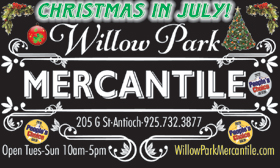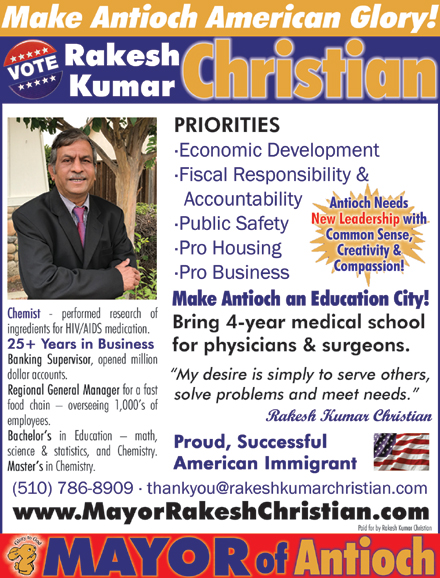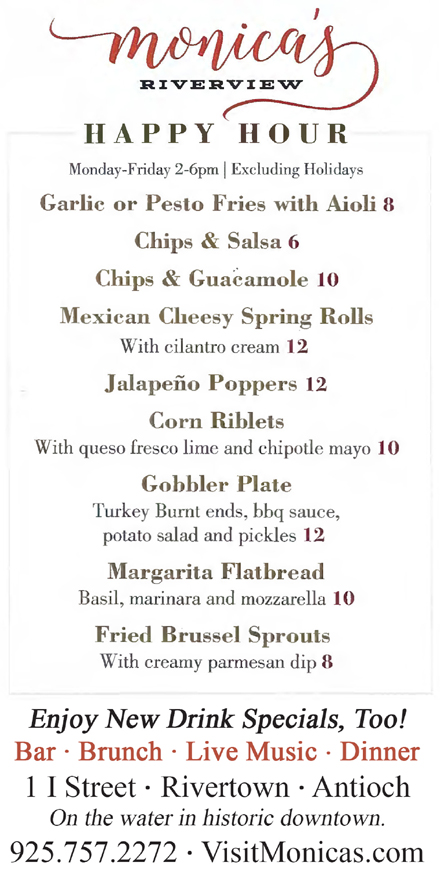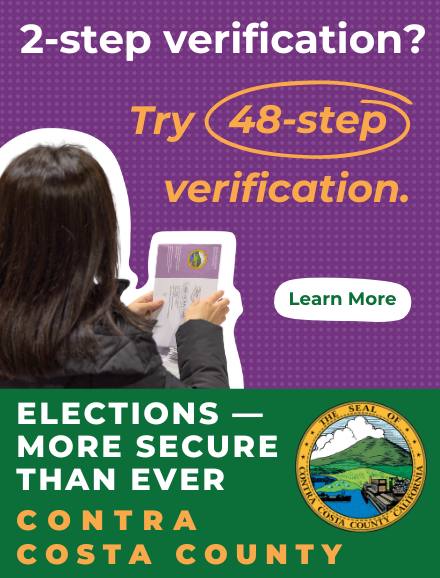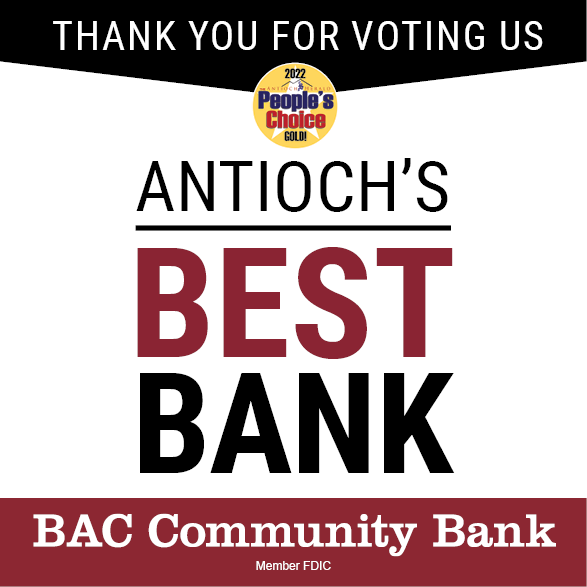Antioch council pursuing two tax measures for November ballot
By James Ott
Antioch leaders are hoping that it’s citizens will agree to increase the sales tax by a half-cent and to charge residential landlords in the city at least $20 a month for their rentals in order to fund a larger police force and improve code enforcement in the city.
At the May 28 city council meeting, city council members voted unanimously to approve key details of two proposed tax measures: a half-cent sales tax increase and a graduated license tax on landlords that own single family residential rentals in the city.
If the council makes the final approval at the June 11 council meeting, then the two measures will be placed on a special November 5 ballot and for the public to vote on. Although Antioch voters have previously rejected a sales tax increase, council members are more confident that clear ballot language and larger community outreach will mean that one or both measures have a good chance of passing this time around.
“This is an opportunity for us all to come together, putting aside any political differences or any agendas for the purpose of moving our community forward,” said Mayor Wade Harper. “For making our community a safer community.”
The half-cent sales tax measure will temporarily increase sales tax in the city by a half-cent for the next seven years and is expected to to generate at least $4.7 million a year in revenue. The measure was initially supposed to be for ten years but city council members voted for a seven year tax after the Antioch Chamber of Commerce said that they would support the measure in seven year form.
If it passes the vote, the tax measure will be subject to independent audits and annual budget reporting as well as a Citizens Oversight Committee composed of seven Antioch residents who will oversee it’s implementation.
The residential landlord tax will function as a type of business license tax and so it will not have a set expiration date and it does not apply to apartment owners who are currently taxed based on a conventional formula using their gross receipts.
Instead the new tax will be for landlords who own residential rental homes. Citizens like Hans Ho – a member of the Friday Morning Breakfast Club that has been backing the landlord tax – say that these residential landlords are effectively running a business and so they should have to pay a business tax like everyone else.
If the tax passes, anyone owning 1 to 25 rentals will pay $240 per unit per year. The tax amount gradually decreases the more rentals one owns. So owning 26 to 50 rentals will cost $120 per unit per year, 51 to 150 will cost $75 per unit per year and 150 rentals or more will be $50 per unit per year.
The Friday Morning Breakfast Club estimates that the landlord business license tax will generate about $2 million a year.
The money from one or both measures would go directly to hiring more police officers to fight crime and to fund code enforcement to fight blight – two of Antioch’s most pressing needs.
The city council is hoping that the voters see the same value in the two tax measures that they do.
“I think that everyone agrees that revenue needs to be brought into the city,” said Council Member Tony Tiscareno.
Staff reports say that the city has lost $13 million in revenue since 2007 and is expected to spend $3.6 million more than it is receiving in revenues in 2014.
The city council will make their final vote on whether to send the two measures to the November 5 ballot at their June 25 meeting, for an emergency item, which requires a unanimous vote by the council.







